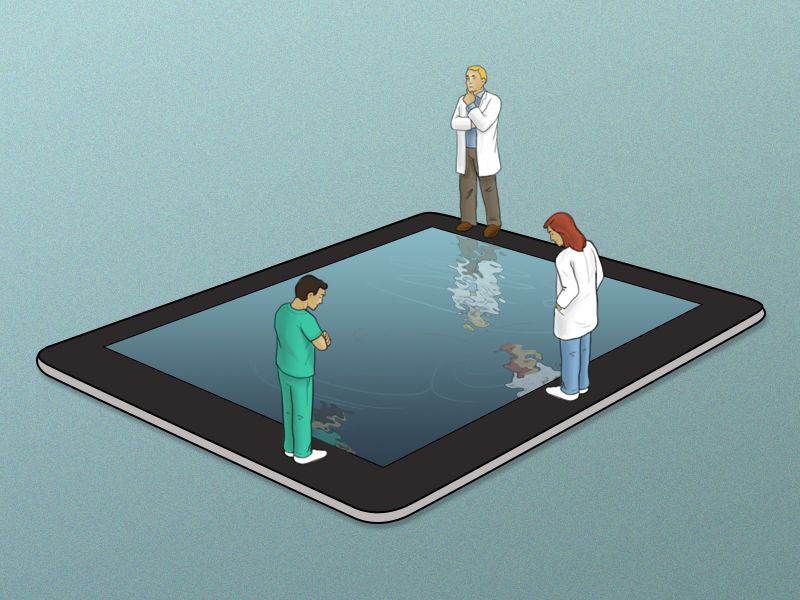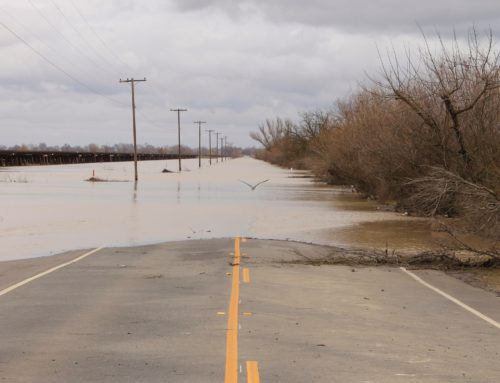In California, pathologists at a dozen hospitals throughout the state are part of an ongoing pilot project — the first of its kind in the United States — in which they are reporting cancer diagnoses in real time to the California Cancer Registry. To ensure the information being collected is accurate and compiled in a consistent manner, doctors participating in the project are using standardized digital forms to report patient data.
Real-time reporting in cancer registries could eventually make it easier for doctors to obtain important information about their patients, especially in cases when patients receive care from different specialists, or switch physicians or hospitals. As of right now, however, the data collected by the California Cancer Registry is not linked to patients’ identities due to the confidential nature of medical information and concerns about patient privacy.
Within the scientific community, data sharing is a divisive issue.
Currently, medical data from cancer patients is like suburban sprawl–this kind of data is not consolidated in any one centralized hub or library. Cancer patients’ clinical and genetic information continues to be stored in a variety of places: academic medical centers, community hospitals, biotech companies and pharmaceutical companies, disease-specific foundations, and government agencies, among others. These institutions rarely share this data and information with one another, even though data sharing is conducive and advantageous for research purposes.
The California Cancer Registry is worth its weight in gold to research scientists. Since its inception in 1988, the database has served as a valuable resource for biomedical researchers and doctors alike who use the database to search for trends, confirm potential cancer clusters, and identify disparities in patient outcomes.
Even though data sharing is a valuable research tool that streamlines the biomedical research process, the practice is not without critics. According to CardioBrief, the New England Journal of Medicine (NEJM) in 2016 published a total of four articles which championed data sharing and two very opinionated, prominently featured articles which criticized the practice.
The articles that criticized data sharing weren’t written by extremists. The authors, who are highly renowned and well-respected within their field of clinical trial research, want to impose limits and safeguards on data sharing; the limits they propose would retard research progress and significantly restrict data sharing’s potential impact.
From my perspective, any concerns about data sharing, however legitimate, are eclipsed by data sharing’s potential to catalyze remarkable advancements in the way we treat cancer and understand the disease. In just the last decade, patient participation in “big data” has contributed to breakthrough developments and advances in cancer treatment which might otherwise have gone undiscovered (immunotherapy is one example). Clinical trials have also played a large role in identifying personalized treatments for certain kinds of tumors.

As the scientific value of data analytics becomes more apparent, clinical trial data will represent a lot more than a singular resource. Technological progress and the future availability of increased computing power will enable “ever more creative and informative uses of clinical trial data,” explain Doctors Daniel P. Petrylak and Tom Coburn in an opinion article they co-authored for STAT. The present situation is complicated by “silos
Or, as Vice President Joe Biden recently put it: “If we can share data we can find answers.”







Leave A Comment